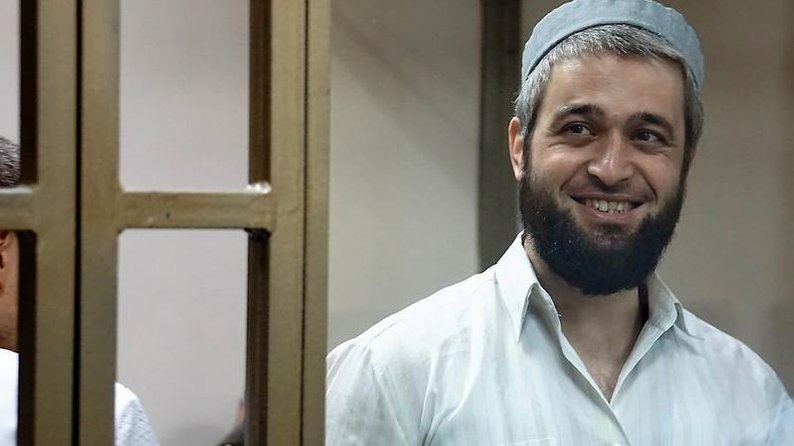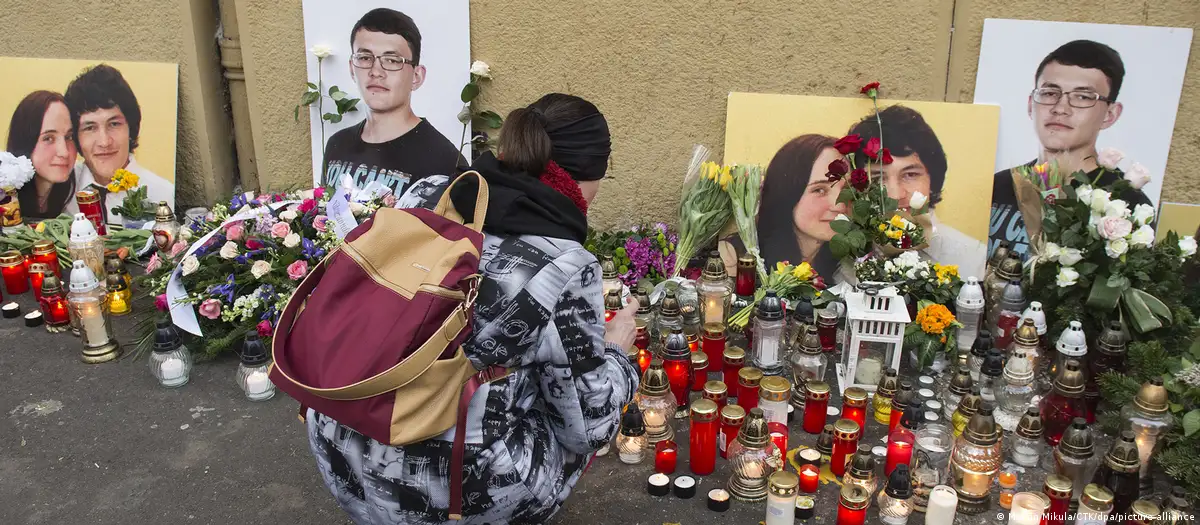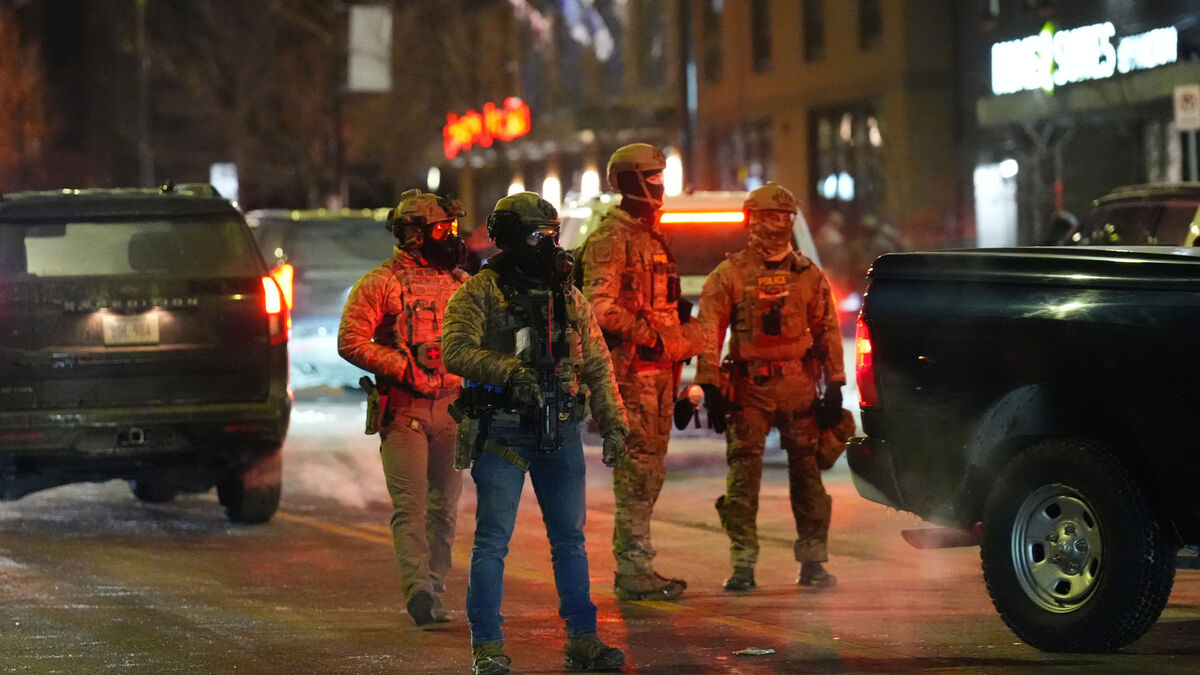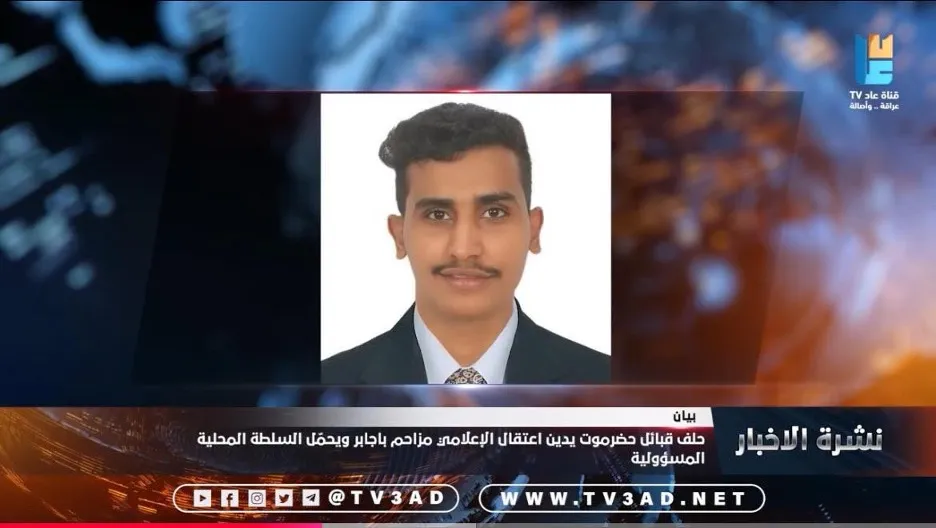
Surge in Yemen’s Journalist Arrests and Abductions
July 3, 2025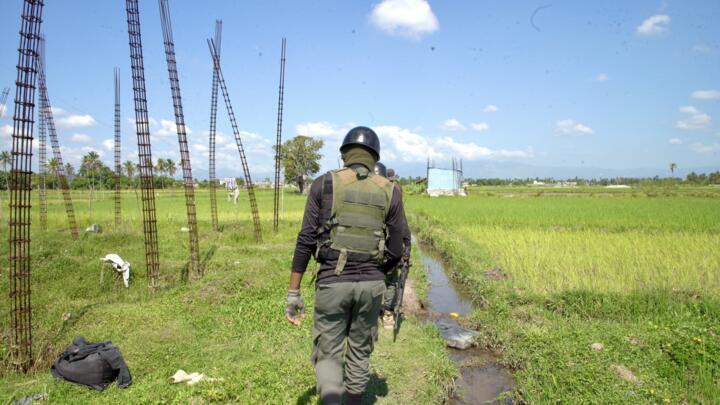
Exposing Power, Silenced by Bullets: The Murder of Gary Tesse and Haiti’s Culture of Impunity
July 4, 2025July 03, 2025 – Ukraine/Russia/Crimea –
Seyran Saliyev, a Crimean Tatar activist and self-taught journalist, remains trapped within Russia’s punitive penal system, highlighting the broader repression of independent voices from occupied Crimea. Arrested on October 11, 2017, in the town of Bakhchisaray alongside fellow Crimean Solidarity members, Saliyev was accused of plotting sabotage for Ukraine’s intelligence services. In 2020, a Russian court sentenced him to 16 years in a penitentiary, citing his affiliation with Hizb ut-Tahrir—a banned group in Russia—despite the lack of credible evidence.
Since July 2024, Saliyev has endured a relentless cycle of solitary confinement at a high-security prison in Russia’s Tula region. His family reports that even after the most recent confinement term ended on June 24, 2025, he remained isolated as of July 3. The reasons? Allegedly, he violated trivial regulations—such as an improperly fastened shirt or untidy bed—charges widely criticized as fabricated pretexts to justify further punitive isolation.
Saliyev’s case is emblematic of a broader strategy: Russian authorities weaponize imprisonment procedures to psychologically break Crimean Tatar activists and citizen journalists. His family had arranged a long-overdue visitation on June 27, only to have it abruptly canceled because he was still in solitary confinement — a clear demonstration of arbitrary punishment and administrative repression.
As a citizen journalist affiliated with Crimean Solidarity, Saliyev used livestreaming to document arrests, trials, and human rights violations in occupied Crimea. His detention and harsh treatment reflect a system that systematically targets independent reporting and political dissent under the guise of anti-terror measures.
His prolonged isolation and the denial of basic visitation rights violate multiple standards of international law and raise serious concerns about the physical and mental well-being of political prisoners within Russia. His forced removal from the communal prison population also exemplifies how seemingly minor disciplinary infractions are exploited to sustain indefinite punitive confinement.
Seyran Saliyev’s situation is a sobering reminder of how authoritarian structures suppress citizen journalism by criminalizing and isolating independent voices. His ongoing captivity and solitary confinement demand urgent scrutiny from international human rights monitors and renewed diplomatic advocacy ensuring his rights—and those of all Crimean journalists—are restored.
Reference –

